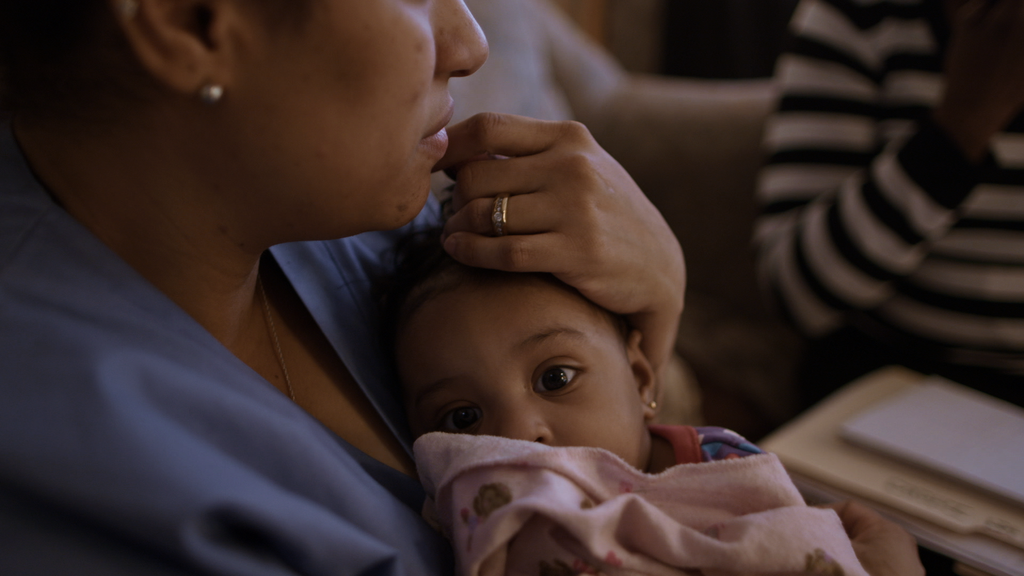Resilience
What are Adverse Childhood Experiences?
Traumatic childhood experiences such as abuse, neglect, witnessing experiences such as crime, parental conflict, mental illness, and substance abuse can create dangerous levels of stress and effect healthy brain development in children – resulting in long term effects on learning, behavior, and health.
What is Resilience?
Resilience is the ability to thrive, adapt and cope despite tough and stressful times. The more resilient a child is, the more likely they are to deal with negative situations in a healthy way that won’t have prolonged and unfavorable outcomes. Resilience is not an innate characteristic, but rather a skill that can be taught, learned and practiced. Everybody has the ability to become resilient when surrounded by the right environments and people.
Toxic Stress
Researchers have recently discovered a dangerous biological syndrome caused by abuse and neglect during childhood. TOXIC STRESS can trigger hormones that causes problems with the brains and bodies of children, putting them at a greater risk for disease, homelessness, prison time and early death. While the broader impacts of poverty worsen the risk no segment of society is immune.
Resources
Learn more about resilience and adverse childhood experiences by downloading the following resources:
- Resilience: The Biology of Stress and the Science of Hope (Documentary)
- The Facilitator's Guide to Resilience
- What's My ACE Score?
- What's My Resilience Score?
- Adverse Childhood Experiences (ACEs)
- 10 Tips to Raising a Resilient Child
Local Services
- Trauma Focused Services in Cabarrus County
- Family Programs to Support Mental Health of Children Birth to Five
- Medication Drop Boxes